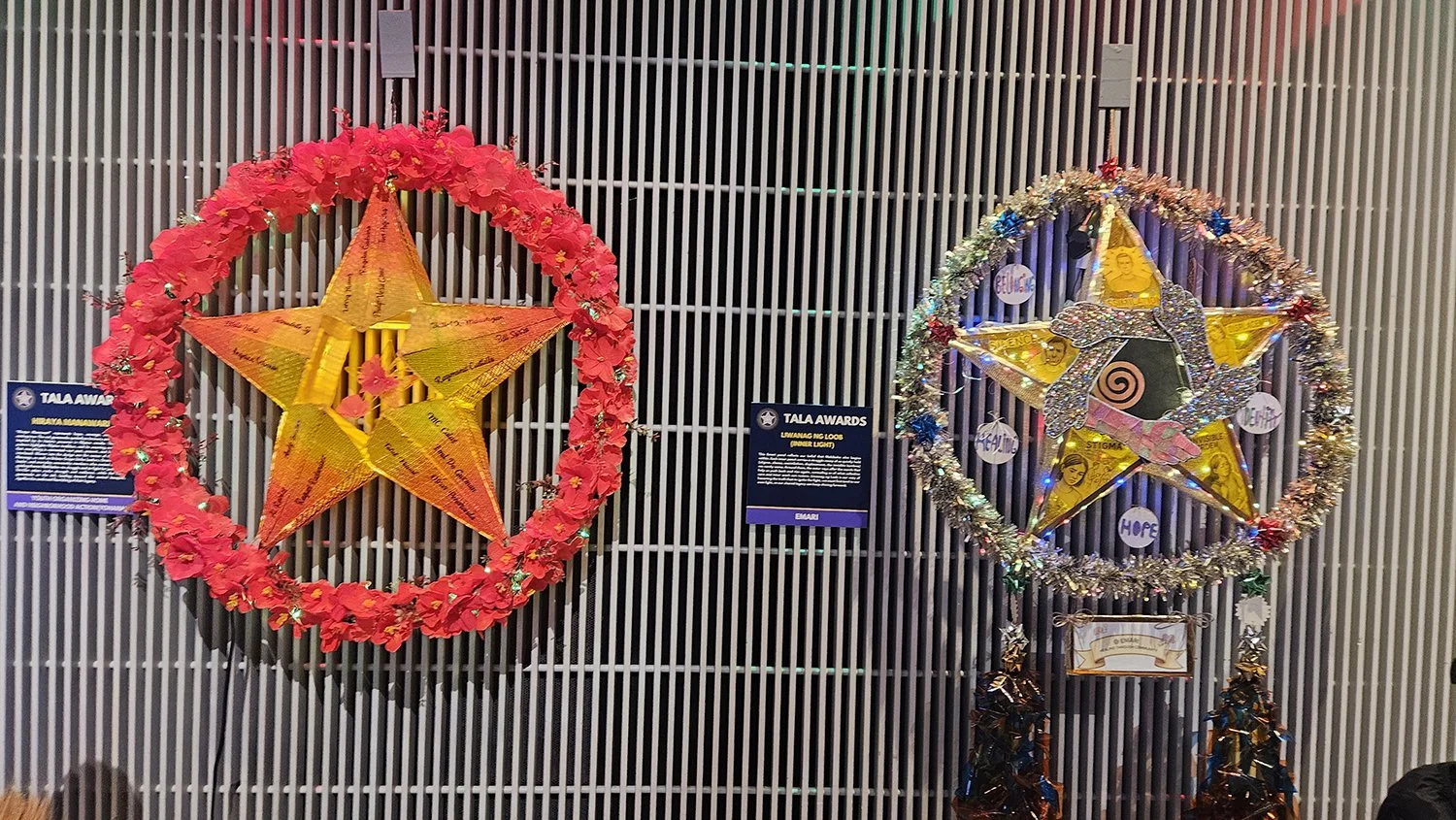Free At Last
/John Lennon and Yoko Ono recorded "Give Peace a Chance" during protest movements of the 60s (Photo by Roy Kerwood/Creative Commons 2.5)
It didn’t take long before our illusions were shattered. The worldwide student protest movements broke the myth of the invincibility of establishment bastions and the hippie movement (“make love, not war”) changed the rhetoric and behavior of the youth. While we, modest Filipinas, tried to hang on to the safe womb of traditions, there was no escaping the lethal brew of sex, drugs and rock-and-roll, and the mind-blowing, liberating possibilities that such a culture opened up. We didn’t do the stuff, but we were not immune, no matter how vicariously, to its effects.
With the ascendance of the feminist movement (though we didn’t quite understand it then), we learned to question, to say no, to seek answers beyond the predictability of conventional thought. It was definitely a confusing time. We were babes wandering in the woods, filled with wonder at the big, wide world yet consumed with fear of the uncharted and the unknown. Slowly, we learned how to look inside ourselves and acknowledge the often-conflicting feelings that were percolating in our hearts and souls. Slowly, we imbibed the concepts of individuality, of authenticity and of being kind to oneself. Very, very slowly we began to grasp what the new generation of women now take for granted as a universal right: that our individual worth does not only lie in how well we nurture others but more so in how well we take care of ourselves.
There’s something to be said about being part of the generation whose past is now much longer than its future. Though our bodies are starting to fail us, we are enlivened by the privileges accorded us by time. We have witnessed the unfolding of social trends and historical moments, and are unceasingly amazed at how the world has changed before our very eyes. And like a genie out of the bottle, our minds have expanded way beyond our youthful imaginings because we have gone through enough obstacle courses to harden and wisen us, and enough triumphs to make us kind and gracious.
These lofty thoughts occupied me as I met up with a friend who is going through what I went through decades ago. “My divorce is final, let’s have dinner,” she said over a bad cell phone connection. Knowing how heart-wrenching a passage this is, I dropped everything and went, prepared to hold her hand and wipe her tears the way I was consoled and supported by my friends when I was going through my sadness.
I was wrong. She was ecstatic. She rattled off the what, when, where and why of her life-changing decision quickly, just to get it out of the way, but there was no escaping her infectious mirth as she talked about what she planned to do with her life, how she intends to move on from what she termed a dead-end marriage, and how intensely she was going to embrace the total world.
I listened intently, amazed at her resiliency, trying to note a shred of sadness or anger, even bitterness – powerful emotions that petrified me when my marriage was breaking up – but there was none. What does this woman know that I didn’t? Is this a generational divide? Are younger women less prone to the debilitation of loves that withered to hate?
As I sat across from her I had to stop myself from acting like my parents during my teenage years when I was crazy over the Beatles: they would shake their heads, look befuddled and mutter aloud, “These kids…” If I do that now, there would be a tinge of envy in my perplexity.
Maripaz, a college friend who has become a sought-after trial lawyer in Manila, told me about how she had started to say no to the legal separation cases she was swamped with. There were just too many of them, she said, and most were filed by young couples, married just a few years, who were quickly realizing that they were not meant for each other. As the cases piled up, Maripaz became increasingly bothered by the casualness these couples approached separation, how cavalier they were about breaking their marriage vows even if they already had a child.
Now I’m the last person who would advocate staying in a marriage that doesn’t work. I strongly support divorce as an option for men and women who are miserable in unions that diminish them. However, I wish that young people exercised more due diligence in making life choices so that they could be spared the hurt that they are bound to inflict on their partners, their families and themselves.
I speak as one who will not make the same mistake again.



